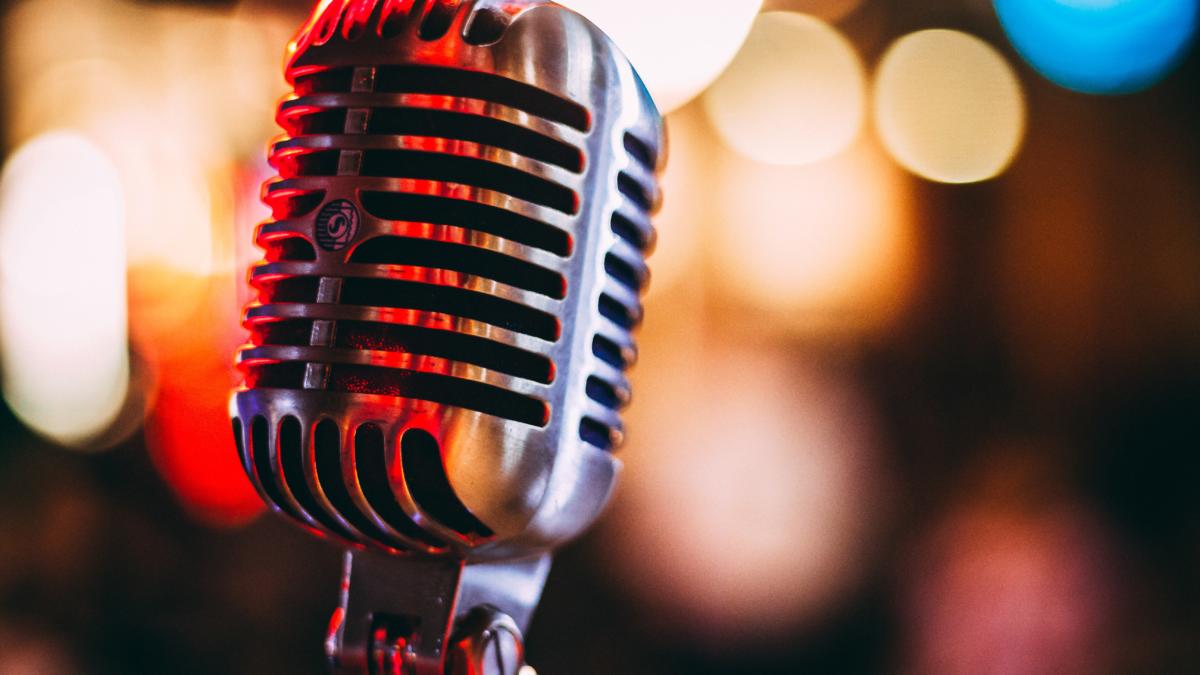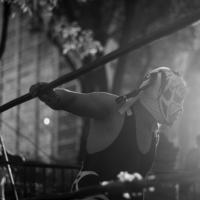Ever since its campus shut down due to COVID-19, Neumann University has been collecting and airing diaries of the coronavirus pandemic on its Delaware County radio station, WNUW (98.5-FM).
The purpose is to give ordinary people a voice during the crisis, create a sense of community, and develop an oral history of the pandemic experience. The diaries air every hour at the 15-minute mark and go out on social media.
So far, the university has collected around 200 stories from the Philadelphia area and beyond, even as far away as Europe. In the end, the university will archive them all into a special collection available to researchers and the public.
People participate by recording themselves using the voice memo app on their phone and emailing WNUW@neumann.edu or by calling the station and leaving a message. PW recently caught up with Janis Chakars, associate professor of communication and digital media at Neumann, to chat about the process.
What sparked the idea to turn this radio show into a virtual diary for people who want to discuss COVID-19?
When the virus started moving across the globe, we knew that we were witnessing a major event. Then, when campus closed, businesses closed, and the quarantine began, we wanted to offer people a way to express their thoughts and share their experiences about what was happening. Our station manager, Sean McDonald, was able to set up a remote studio and keep our radio running. We talked about how we could use it to address the crisis and the Coronacast was born.
How do you think this program is helping people deal with the stress that comes with it?
We are a storytelling species. That is how we work things out and make sense of them. Sharing stories helps people get a handle on things. When you contribute a story to the project, you are working out what you think about the pandemic and your place in it, and when you listen to other people’s stories, you are doing the same thing. Sharing stories in media is also a way to create and maintain the community. It can make us feel less isolated while socially distant.
What’re some of the stories you’ve heard that made you realize this is an important thing for people to have right now?
The diaries present the full gamut of experience and thus make the pandemic fully real beyond any one person’s experience. A nurse’s experience of caring for the dying really touched me. Another story from someone who had the virus helped me understand what it feels like. Another person spoke about being happy to get a job in a nursing home, one of the most dangerous places to be, even though she is terrified of the virus because she has bills to pay.
We also have a lot of light-hearted ones, and I think those are really important to have too right now. We got a really funny one about a Wawa in Delaware County that could have been written by Tina Fey. A lot of people end their stories with encouraging messages of hope, which I think attests to the goodness of people and is very encouraging.
You’ve received stories from all over the world. Is that through marketing, word of mouth? And what’s the feeling of making a global impact?
It is really interesting to see the similarities and differences in experience around the world. The stories have all come through word of mouth, Neumann people reaching out to contacts abroad, and just snowballing sources. I definitely think the wide reach of the project enhances its significance. It is hard to measure or predict impact, and so I usually think it is best to just do things because they are good to do in their own right, but all of the diaries will be archived into a special collection at the Neumann University library and that will certainly give them a lasting impact. They will forever be a resource for researchers or anyone that wants to know what the pandemic was like.
How long do you plan to keep these diaries going? And what do you hope giving people a platform helped to aid as they deal with this crisis?
The stay-at-home order will be loosened by June 5 and things are already opening up elsewhere, but the hangover from this episode is going to be bad. So many people are out of work and so many things have already changed, so I want to keep the project going as long as people still have stories to tell about the pandemic and its aftermath. It may sound grandiose, but I think when you give people a platform to speak and you tell them that their voices matter, you affirm their dignity, and that is important for people during this crisis and always.





